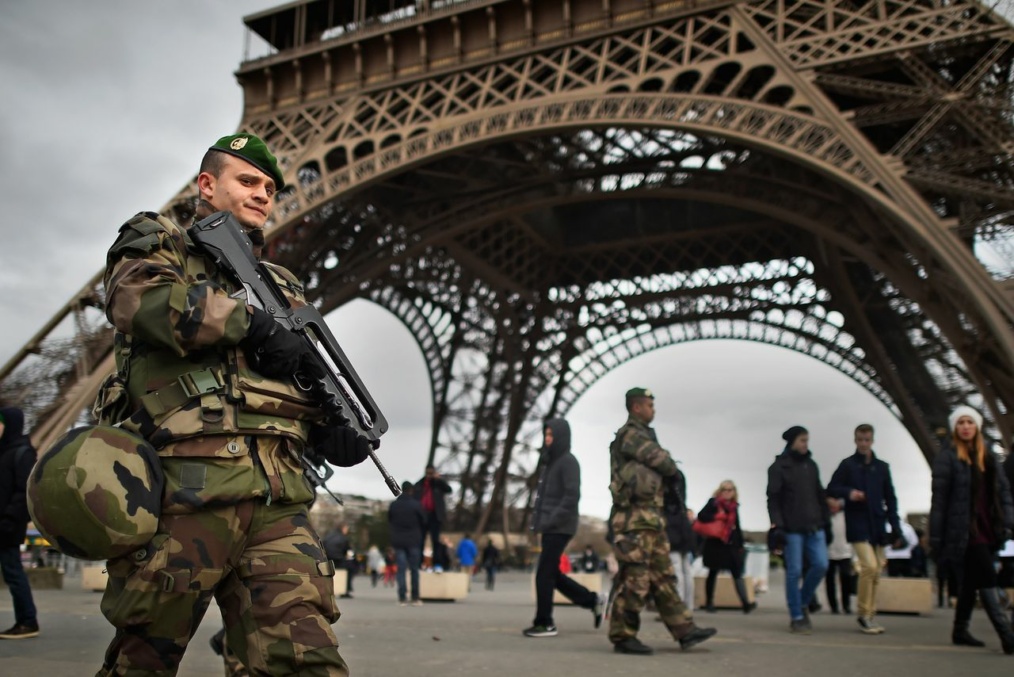Allegedly, energy companies are planning to return to the Mozambique province of Cabo Delgado despite unrest caused by ISIS-Mozambique. Due to the unrest with Ukraine and Russia, liquified natural gas production has slowed. Therefore, Europe is turning to Mozambique in hopes of mitigating the slow production.
Liquified Natural Gas Project in Mozambique
The Liquified Natural Gas (LNG) Project, led by TotalEnergies, began with the discovery of a vast amount of natural gas in 2010 off the coast of Northern Mozambique. It was previously on track to begin providing liquified natural gas in 2024. Still, production has been put to a halt since April of 2021 due to the security situation in Cabo Delgado. LNG was forecasted to bring in over $100 billion to Mozambique in just 25 years of production.
Origins and the Current State of ISIS-Mozambique
ISIS-Mozambique has been in operation since October 2017, with Abu Yasir Hassan as the lead. Currently, 670,000 people within Northern Mozambique have been displaced, and the ISIS-Mozambique has claimed the lives of more than 1,300 civilians. According to reports, ISIS-Mozambique allegedly pledged allegiance to ISIS in April 2018, and was officially acknowledged by ISIS-Core in August 2019.
While it is unclear how many individuals are currently fighting for ISIS-Mozambique, the number is estimated to be in the thousands. The group quickly grew by leveraging economic grievances in a poverty-stricken and resource-rich area of the country. Additionally, ISIS-Mozambique provided loans to young men without any opportunity otherwise.
ISIS-Mozambique’s Palma Attack
On March 24, 2021, a siege lasting four days by an estimated 200 ISIS-Mozambique fighters left dozens dead at the Cabo Delgado town of Palma, with much of the city’s infrastructure destroyed. The town of Palma is home to over 70,000 people. There were numerous foreign workers for the LNG project trapped at the project site in the nearby area of the Afungi Peninsula. The prospect of ISIS-Mozambique gaining access to the LNG project proved worrisome and extremely dangerous; it would be alarming if high-yielding natural resources fell under their control.
Continued Attacks by ISIS-Mozambique
In the past six months, there have been numerous attacks in Northern Mozambique by ISIS-Mozambique. The violence has continued despite growing military interventions from different groups deployed to Mozambique in hopes of mitigating the continued violence. There are 24 countries and a multitude of other organizations working in Mozambique, including troops from Rwanda, the European Union, the South African Development Community military force, Angola, Botswana, and Zimbabwe.
Europe Turning to Mozambique for Liquified Natural Gas (LNG)
As the crisis in Ukraine continues, the shipping of LNG in Russia has reduced significantly. Russia provides one-third of the LNG to Europe, behind the U.S. and Qatar. After Russia invaded Ukraine, most international investors involved in Russian LNG projects froze their financing shares.
Europe has now turned to Mozambique in hopes of filling their need for LNG. Italian Foreign Minister Luigi di Maio traveled to Mozambique in hopes of developing new deals regarding LNG supply partnerships as well as European government officials and parliament members have met to discuss how to best reduce its reliance on Russia’s liquified natural gas.
Outlook for Future Company Involvement
Mpho Molomo, the head of the Southern African Development Community mission in Mozambique, stated that it was too early to declare Mozambique safe enough to renew operations. The current state of Cabo Delgado has not reached a point of stability to guarantee the safety of energy company workers.
Environmental activists have viewed this as an opportunity to emphasize renewable energy sources instead of depending on fossil fuels, such as LNG. While attacks have slowed in Mozambique, it is still not safe enough to continue production despite the need of liquified natural gas in Europe. If the safety of the workers are not guaranteed, production should remain halted until ISIS-Mozambique is no longer a threat.
Claire Spethman, Counter-Terrorism Research Fellow





